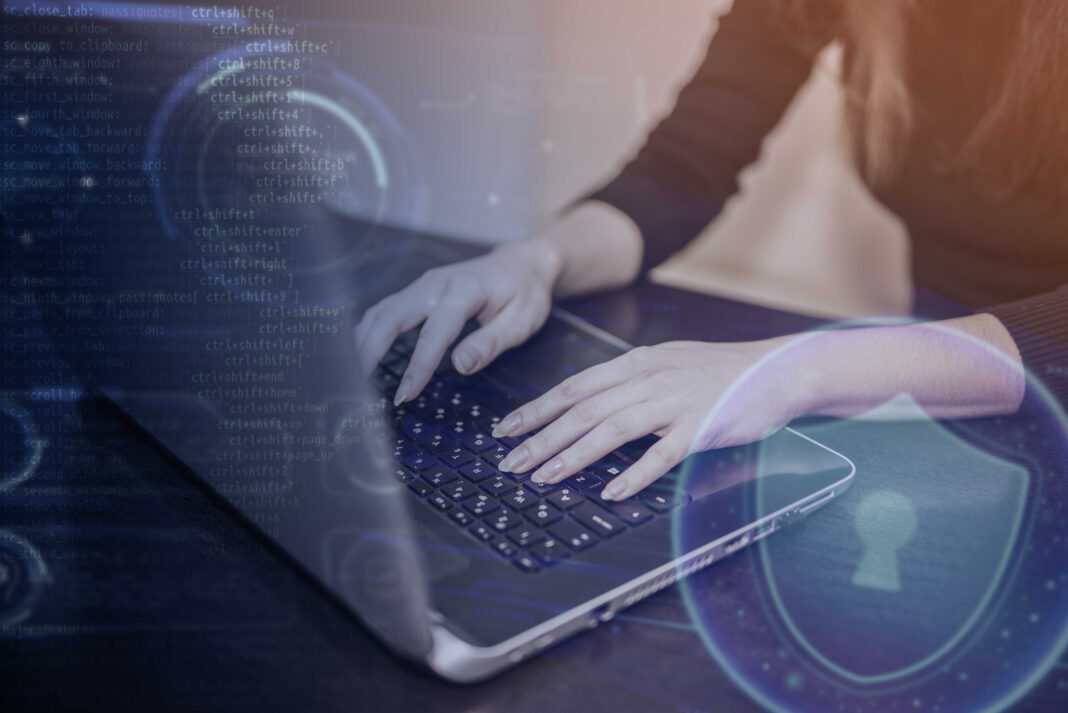Virtual Private Networks (VPNs) have become a critical tool in the realm of cybersecurity. They provide a secure way to transmit data over the internet, shielding sensitive information from potential threats. Whether for personal use or within organizations, VPNs play a pivotal role in safeguarding online activities. This article delves into the importance of VPNs in cybersecurity, how they work, their benefits, and their limitations. By the end, you’ll have a clear understanding of why VPNs are indispensable in protecting digital privacy and security.
What is a VPN and How Does It Work?
A Virtual Private Network (VPN) is a technology that creates a secure, encrypted connection over the internet. It acts as a tunnel between your device and the server you’re connecting to, ensuring that your data remains private and protected from prying eyes.

How VPNs Operate
When you connect to a VPN, your internet traffic is routed through a remote server operated by the VPN provider. This process masks your IP address, making it appear as though you’re accessing the internet from the server’s location rather than your actual one. Additionally, the data transmitted through this tunnel is encrypted, meaning even if intercepted, it would be unreadable without the decryption key.
Key Components of a VPN
- Encryption Protocols: These are the methods used to secure data. Common protocols include OpenVPN, IPSec, and WireGuard.
- Servers: VPN providers operate servers in various locations worldwide, allowing users to choose where their internet traffic appears to originate.
- Client Software: This is the application you install on your device to connect to the VPN service.
The Importance of VPNs in Cybersecurity
Protecting Data Privacy
One of the primary roles of a VPN is to ensure data privacy. By encrypting your internet traffic, VPNs prevent hackers, ISPs, and even government agencies from monitoring your online activities. This is particularly important when using public Wi-Fi networks, which are often unsecured and vulnerable to attacks.
Preventing Cyberattacks
VPNs help mitigate the risk of cyberattacks such as man-in-the-middle attacks, where hackers intercept communication between two parties. The encryption provided by VPNs makes it extremely difficult for attackers to access or manipulate your data.
Bypassing Geo-Restrictions and Censorship
While not directly a cybersecurity feature, VPNs allow users to bypass geo-restrictions and censorship by masking their IP addresses. This can be crucial for individuals in regions with restricted internet access, enabling them to communicate freely and securely.
Benefits of Using VPNs for Individuals and Businesses
For Individuals
- Enhanced Privacy: VPNs protect personal information from being tracked or sold by advertisers.
- Secure Online Transactions: Encrypted connections ensure that sensitive data, such as credit card details, remain safe during online purchases.
- Access to Restricted Content: VPNs allow users to access content that may be blocked in their region.
For Businesses
- Secure Remote Work: VPNs enable employees to access company networks securely from remote locations.
- Protection of Sensitive Data: Businesses can use VPNs to safeguard proprietary information and customer data.
- Compliance with Regulations: Many industries require the use of VPNs to meet data protection standards.
Limitations and Challenges of VPNs
Speed Reduction
Because VPNs route your traffic through remote servers, they can sometimes slow down your internet connection. This is especially noticeable when connecting to servers located far from your physical location.
Trust in VPN Providers
Not all VPN providers are trustworthy. Some may log your data or fail to provide adequate security. It’s essential to choose a reputable provider with a clear privacy policy.
Limited Protection Against Malware
While VPNs encrypt your data, they do not protect against malware or phishing attacks. Users should still employ antivirus software and practice safe browsing habits.
How to Choose the Right VPN
Factors to Consider
- Security Features: Look for strong encryption protocols and a no-logs policy.
- Server Locations: Choose a provider with servers in the locations you need.
- Speed and Performance: Test the VPN’s speed to ensure it meets your requirements.
- User-Friendly Interface: The VPN should be easy to set up and use.
- Customer Support: Reliable customer support is crucial for troubleshooting issues.
Popular VPN Providers
- NordVPN: Known for its strong security features and extensive server network.
- ExpressVPN: Offers high-speed connections and excellent customer support.
- Surfshark: A budget-friendly option with unlimited device connections.
Setting Up and Using a VPN
Step-by-Step Guide
- Choose a VPN Provider: Select a provider that meets your needs.
- Download and Install the Software: Follow the provider’s instructions to install the VPN client on your device.
- Connect to a Server: Open the application and choose a server location.
- Verify the Connection: Ensure your IP address has changed and your connection is secure.
Best Practices
- Always connect to the VPN before accessing sensitive information.
- Regularly update the VPN software to benefit from the latest security features.
- Use the VPN on all devices, including smartphones and tablets.
The Future of VPNs in Cybersecurity
As cyber threats continue to evolve, the role of VPNs in cybersecurity is likely to expand. Emerging technologies such as quantum computing may pose new challenges, but VPN providers are already working on advanced encryption methods to stay ahead. Additionally, the increasing adoption of remote work and cloud-based services will drive demand for more robust VPN solutions.
Frequently Asked Questions (FAQs}
1. Is using a VPN legal?
Yes, using a VPN is legal in most countries. However, some nations restrict or ban VPN usage, so it’s essential to check local laws.
2. Can a VPN make me completely anonymous online?
While VPNs enhance privacy, they do not provide complete anonymity. Other factors, such as browser tracking and cookies, can still reveal your identity.
3. Are free VPNs safe to use?
Free VPNs often come with limitations and may not offer the same level of security as paid options. Some free VPNs may even log and sell your data.
4. Can I use a VPN on multiple devices?
Most VPN providers allow multiple device connections, but the number varies by provider.
5. Do VPNs protect against all cyber threats?
No, VPNs primarily protect your data in transit. They do not guard against malware, phishing, or other types of cyberattacks.
Conclusion
VPNs are an essential tool in the fight against cyber threats. They provide a secure way to transmit data, protect privacy, and enable access to restricted content. However, they are not a one-size-fits-all solution and should be used in conjunction with other cybersecurity measures. By understanding how VPNs work and choosing the right provider, individuals and businesses can significantly enhance their online security.
If you haven’t already, consider integrating a VPN into your cybersecurity strategy to safeguard your digital life.

